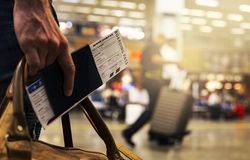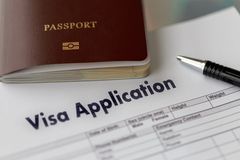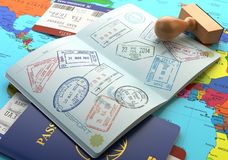Thailand has announced temporary visa exemptions for tourists from India and Taiwan, effective from November 10, 2023, until May 10, 2024. Tourists from these countries will no longer need a Thai visa to enter the country, temporarily joining around 60 other visa-free nations. This move comes after other recent changes to Thailand’s visa policy, which
Visa policy for Thailand
The visa policy of Thailand is formed by the regulations, laws and restrictions for foreign nationals that are planning to travel to Thailand.
On this page, travelers are able to check the visa requirements for their nationality to travel to the Southeast Asian nation. .
Thai visa requirements vary not only depending on the nationality of the visitor, but also on the amount of time the traveler is planning to spend in Thailand and the purpose of the visit.
Currently, the Thailand visa policy allows citizens of around 60 countries across the world to cross Thai borders visa-free for different periods of stay depending on nationality, from 14 days up to 90 days.
An additional 20 nationalities need an eVisa to travel to and gain entry to Thailand for shorts periods of stay for tourism purposes. The Thai electronic visa greatly expedites the application process by eliminating the need to obtain a visa through an embassy or consulate.
However, there are over 160 other nationalities that are required to obtain a visa in person at the nearest Thai embassy or consulate before their intended travel date.
When applying for a consular visa, applicants are requested to select the type of visa they need depending on the purpose of the stay, whether a tourist visa, business visa, transit visa, work visa, or study visa, or other visa option.
Below you will find a full list of Thai travel visa regulations. Check the different boxes to discover the requirements you need to meet to travel to Thailand according to your nationality.



